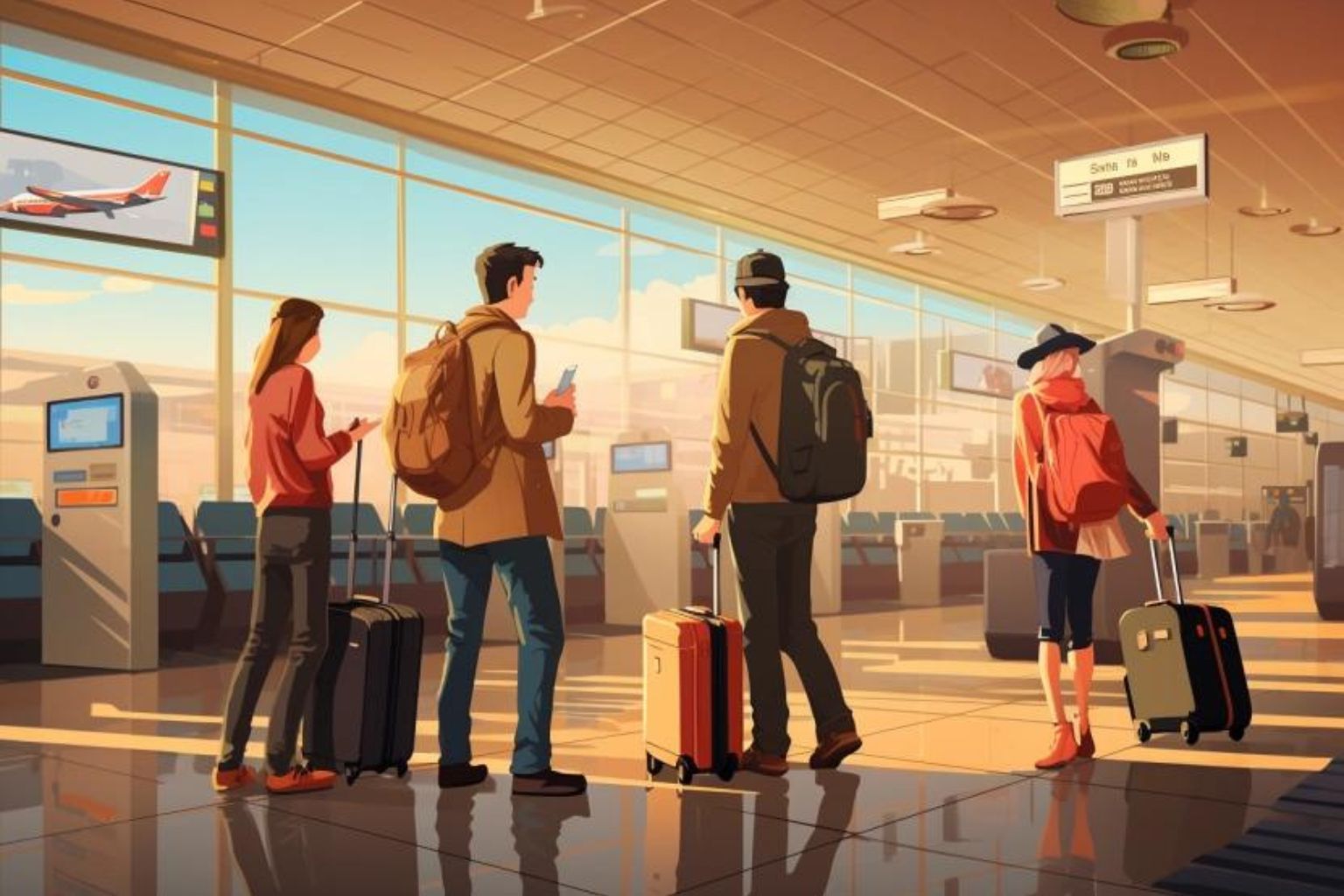Don’t look now, but the airline industry is getting rich off fees. Very rich. The industry collected $2.5 billion in luggage fees for the first three quarters of the year, according to data released by the government yesterday. The damage from ticket change fees? $1.7 billion.
Delta Air Lines wins in both ticket change fees ($530 million) and luggage fees ($733 million). American Airlines came in second place ($353 million/$431 million) and United Airlines took third place for change fees ($243 million) while US Airways showed in the baggage category with $388 million collected in the first three quarters of the year.
Needless to say, passengers are furious about these fees.
The introduction of ‘good fees’
“Airlines continue to insult my intelligence,” says reader Scott Higbee. “The baggage fee is a money-grab, pure and simple.”
If this had been a legitimate “unbundling” action, then airlines would have lowered their fares when they added baggage and change fees, he says. But ticket prices didn’t go down. In fact, they’ve been increasing and are expected to rise even more in 2011.
(Ironically, the airline industry is still complaining about its profits, which it calls “pathetic.”)
There’s more to this story, and in order to tell it, I have to rewind to an earlier column about good airline fees and bad airline fees.
Good fees, as I explain, add a service that the airline didn’t have before, like onboard Wi-Fi; bad fees take something away that used to come with the ticket, like the ability to check a bag or make a confirmed seat reservation, without lowering ticket prices in a meaningful way.
Well, yesterday, even as the government disclosed that these ancillary fees were going through the roof, United Airlines, the airline formerly known as Continental, introduced what I consider to be a “good” fee. It’s called FareLock, and it lets you hold your itinerary for up to seven days, for a fee.
FareLock allows you to hold your itinerary and fare for 72 hours or seven days, for a fee, and is available for Continental-operated flights only.
So go ahead and book your flight while you complete your other travel plans. Your FareLock will guarantee an available seat at the fare you were quoted at the time you booked your reservations.
A new fee or a passenger-friendly option?
The nonrefundable fee for a 72-hour lock-in period is $5 and $9 for the seven-day option. Several European airlines already offer this service, but United is the first to do it in the States.
FareLock follows the “good fee” formula: It adds a service that didn’t exist before and gives passengers something they want — in this case, peace of mind about an airfare. (Think of it as buying an option on an airline ticket.)
United could have done this the wrong way. It might have installed 30-second timers on it site, forcing customers to either make a quick decision on purchasing an airline ticket or buying a FareLock option. But I can see no “down” side to this latest airline fee, except maybe one. (Here’s what to do when an airline denies you boarding.)
Will this kill the 24-hour courtesy “hold”?
My friends over at Flight Wisdom mused about that yesterday, noting, “We’re not sure how long the 24-hour courtesy hold will stand if other airlines follow Continental.”
If FareLock ends the 24-hour courtesy hold, then I’ll put this new fee into the “bad” category. But if they keep it, then United and Continental have made a customer-friendly choice by introducing FareLock.




